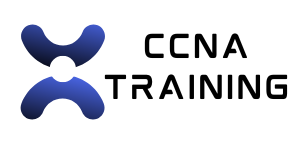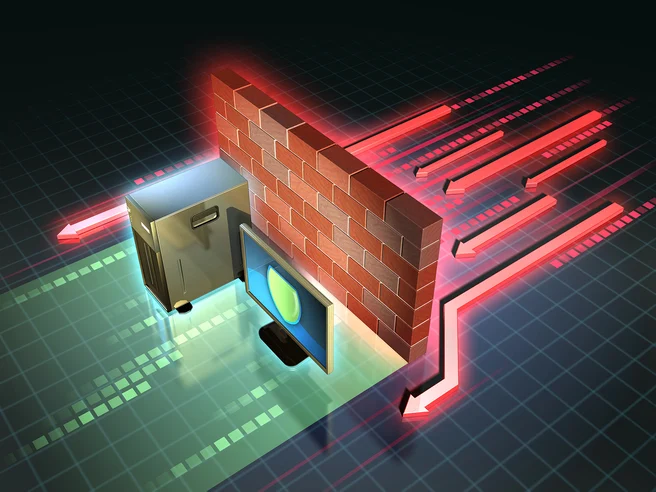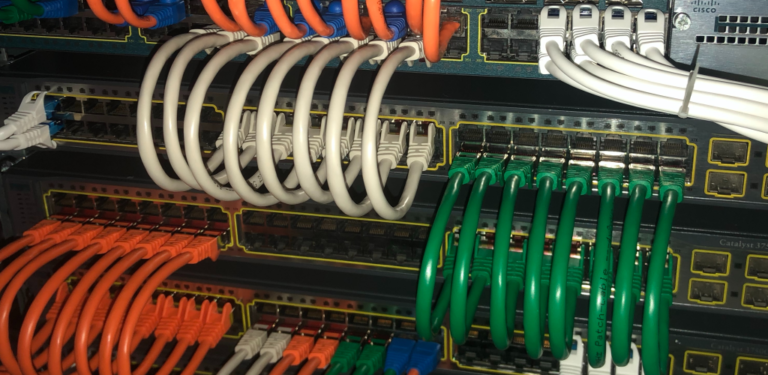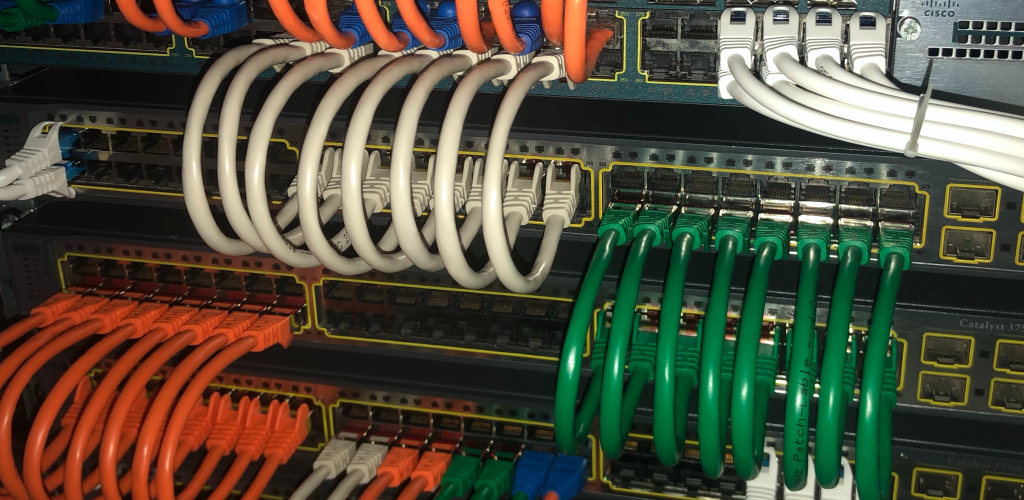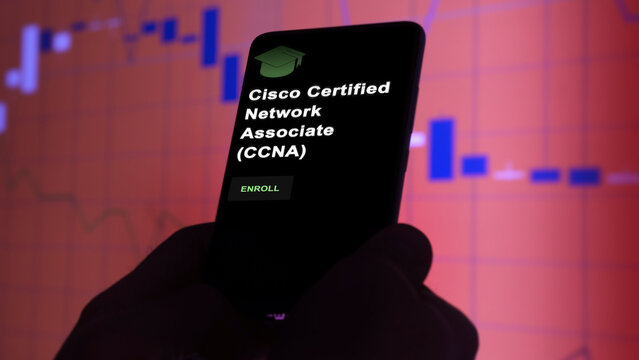CCNA vs. CCNP: What’s the Difference?
If you’re thinking about a career in networking or already working in IT, you’ve probably heard of Cisco certifications, especially the CCNA and CCNP. These two certifications are among the most well-known and respected in the field — but they differ in purpose, difficulty, and career stage.
This guide will help you understand the key differences between CCNA and CCNP: what each covers, who they’re designed for, and how to choose the right one for your goals.
What Is CCNA?
CCNA stands for Cisco Certified Network Associate. It’s Cisco’s associate-level certification and is widely seen as the starting point for anyone pursuing a career in networking.
Exam Information
- Exam Code: 200-301 CCNA
- Format: Single exam, no prerequisites
What the CCNA Covers
- Network fundamentals (OSI model, cabling, interfaces)
- IP addressing and subnetting
- Switching and routing basics
- Wireless networking
- Security fundamentals (ACLs, device hardening)
- Network access and IP services
- Automation and programmability basics
- IPv4 and IPv6 configuration
Who Should Get the CCNA?
The CCNA is ideal for:
- Entry-level IT professionals
- Career switchers moving into networking
- Students or recent graduates
- Anyone seeking roles like:
- Network Technician
- Help Desk Specialist
- Junior Network Administrator
- NOC Technician
The CCNA requires no prior certification and serves as a strong foundation for future certifications, including the CCNP.
What Is CCNP?
CCNP stands for Cisco Certified Network Professional. It’s a professional-level certification for individuals with more experience who want to specialize in a specific area of networking or IT infrastructure.
Unlike the general-purpose CCNA, the CCNP is broken into specialized tracks, each with a technical focus.
Available CCNP Tracks (as of 2025)
- CCNP Enterprise – Advanced routing, switching, wireless, SD-WAN
- CCNP Security – Firewalls, VPNs, identity management, threat detection
- CCNP Collaboration – VoIP, unified communications, video solutions
- CCNP Data Center – Storage networking, virtualization, data center ops
- CCNP Service Provider – ISP networks, QoS, scalability, edge routing
- Cisco Certified DevNet Professional – Network automation, APIs, Python
How CCNP Certification Works
To earn the CCNP, you must pass two exams:
- Core Exam – Covers foundational skills in your chosen track
- Concentration Exam – Allows you to specialize within that track
Example: Earning CCNP Enterprise
- Core Exam: 350-401 ENCOR
- Concentration Exam Options:
- 300-410 ENARSI (Advanced Routing)
- 300-415 ENSDWI (SD-WAN)
- 300-435 ENAUTO (Network Automation)
Who Should Get the CCNP?
The CCNP is best suited for IT professionals who:
- Already have experience with Cisco networking
- Want to specialize or move into advanced roles
- Need to validate skills for leadership or project-based roles
Common Job Roles:
- Network Engineer
- Systems Engineer
- Security Engineer
- Wireless Engineer
- Collaboration Specialist
- Infrastructure Architect
While the CCNA is no longer a formal requirement, it’s strongly recommended to have equivalent knowledge before attempting the CCNP exams.
Key Differences: CCNA vs. CCNP
| Feature | CCNA | CCNP |
|---|---|---|
| Certification Level | Associate | Professional |
| Number of Exams | 1 exam (200-301) | 2 exams (1 core + 1 concentration) |
| Focus | Broad foundational networking knowledge | In-depth specialization in chosen track |
| Tracks Available | General networking | Enterprise, Security, Data Center, etc. |
| Prerequisites | None | None officially (experience recommended) |
| Prep Time | 4–8 weeks (average) | 8–16+ weeks (depends on experience) |
| Target Job Roles | Entry-level IT/networking roles | Mid-to-senior level engineer roles |
| Average Salary Boost | $10K–$20K per year | $20K–$40K+ depending on specialization |
Which Certification Should You Start With?
- New to networking or IT? → Start with CCNA. It builds your foundation and signals you’re ready for entry-level roles.
- Already working in IT with hands-on experience? → Go for CCNP. Choose a track aligned with your job or career goals.
- Want to become a Cisco expert? → Follow this path: CCNA → CCNP → CCIE
Career Impact: CCNA vs. CCNP
Both CCNA and CCNP can significantly boost your job prospects and salary potential — but they target different stages in your career.
CCNA helps you land your first IT role or transition into networking from another field. Think of it as your entry ticket into the industry.
CCNP helps you level up — unlocking roles in engineering, infrastructure leadership, and advanced security or cloud networking. Many professionals use CCNP to negotiate promotions or consulting contracts.
Final Thoughts
CCNA and CCNP are not rivals — they’re part of the same journey. The CCNA teaches you the what and why of networking. The CCNP teaches you the how and when to deploy secure, scalable networks in the real world.
If you’re serious about networking, both certifications are worth pursuing. Just start with the one that matches your current skill level — and grow from there.
